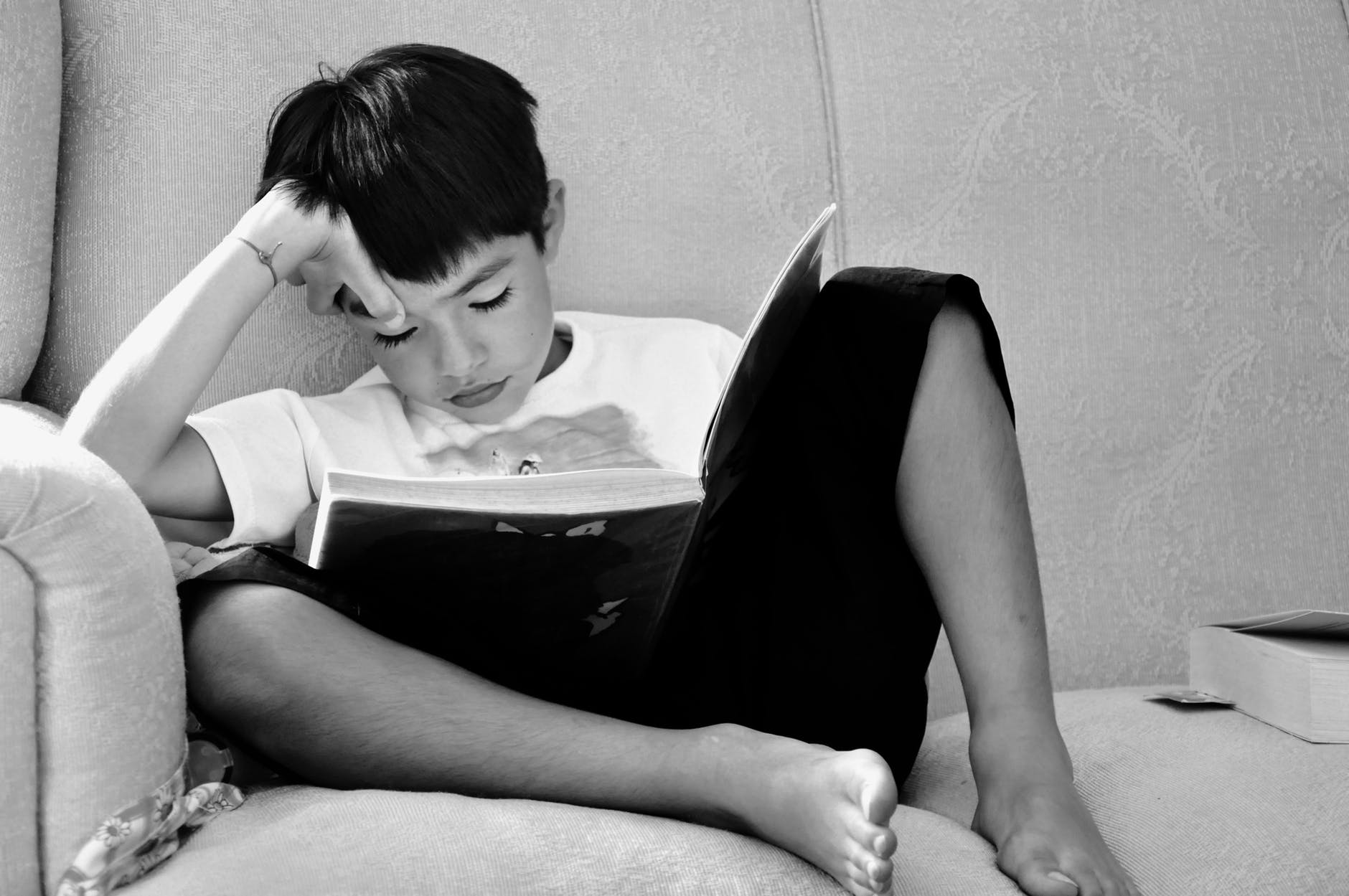For those of you interested in participating in conversations on the topic of literacy and MLLs, The Reading League hosts a monthly online group, the English learner/Emergent Bilingual (EL/EB) Community of Practice. Facilitated by Kari Kurto, Claude Goldenberg, and myself (Jana Echevarria), we meet on the first Friday of each month. Please feel free to join and invite colleagues by emailing them the link to the Google Form: https://docs.google.com/forms/d/e/1FAIpQLSf0RM6IZtW4YJhIy2Fq8p6B_hioaxrzLJ3VB4-H6lmjf0Fdag/viewform?usp=sf_link
During the meeting on February 23, Dr. Elsa Cardenas-Hagan and Dr. Sylvia Linan-Thompson will be discussing their research on interventions for MLLs having difficulty in early reading in Spanish and in English. Of interest is that even students receiving native language literacy instruction can have difficulties. These studies look at how these students can be helped to get on track.
The debate about how to best teach reading is not new but it has gained steam in recent years when journalists and parents entered the discussion which caught the attention of the public, policy makers, and other interested groups.
Regarding literacy and multilingual students, there are at least two issues that merit attention. One is that these students, although the fastest-growing population in our schools comprising over 5 million students, are woefully absent from many of the conversations about literacy regarding the science of reading. Secondly, there have been divergent viewpoints between researchers and advocates in the science of reading field and some researchers and advocates who support multilingual students.
As I’ve written about previously, science of reading folks assert that we should focus on foundational reading skills like phonemic awareness, phonics and decoding, but also understand that language and knowledge must be developed and should include activities such as hearing stories and expository texts read aloud to get rich language and content exposure. It’s not all about decoding; it’s about building comprehension and important literacy skills such as fluency, vocabulary, and oral language.
Some of those who advocate for multilingual learners, on the other hand, promote “balanced literacy” which focuses on understanding the meaning of what you’re reading right from the start. Balanced literacy folks are not opposed to phonics teaching, but sounding out written words is considered only one way to recognize words. Students can also use pictures and other clues to guess at what the word is or what the sentence means.
The common goal shared by all stakeholders is to strive for proficient reading and writing skills for every student. It is critical that these same stakeholders provide accurate information to practitioners, a message that is evidence-based and promotes instruction that addresses not only phonics but also the components of language comprehension, writing, oral language development, word recognition, and, for multilingual learners, English language development.
To that end, there is a growing number of educators who are focused on finding common ground as we move forward and continue working on deepening and expanding our knowledge about literacy issues, particularly as they relate to multilingual learners.
In 2022, The Reading League initiated conversations between experts on both sides of the literacy debate. The group discussed critical points of contention, “aiming to listen, learn, and build trust.” The group acknowledged that “proponents of the science of reading sometimes don’t intentionally emphasize supporting the language needs of ELs/EBs. They also worked to dispel myths, challenging misconceptions about the science of reading as a one-size-fits-all approach, a specific instructional program, phonics-only, or any misinformed beliefs that misrepresent what the science of reading truly is—a body of knowledge derived from decades of scientifically-based reading research.”
The efforts to build consensus between science of reading experts and experts who support multilingual learners led to a one-day Summit in March 2023 where a variety of viewpoints were represented.
In April 2024, The Reading League will host a second summit in San Diego, CA, Finding the Alignment: From Research to Practice. As stated on the website, the Summit will continue the conversation from last year where “voices from the field of reading science united with those from the English learner/emergent bilingual community.” The impressive list of topics and panelists is found on the website.
We hope that you will join us on Friday, February 23 or any of the monthly meetings in the future. For more information, please register by completing the form. https://docs.google.com/forms/d/e/1FAIpQLSf0RM6IZtW4YJhIy2Fq8p6B_hioaxrzLJ3VB4-H6lmjf0Fdag/viewform?usp=sf_link
